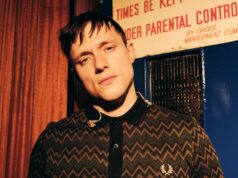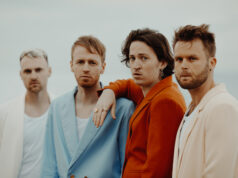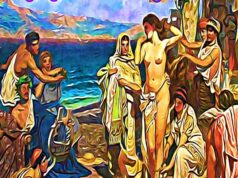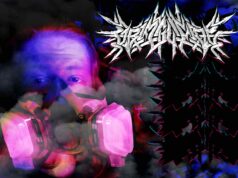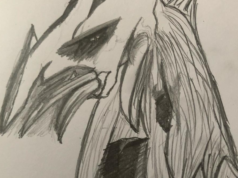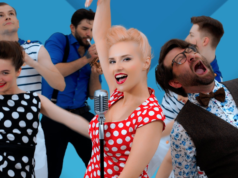Paul McCartney globally released his brand new single “Hope For The Future” on December 8th. Here, he tells us about the challenge of writing a song for the biggest video game of all time…
When you’ve already written some of the world’s most memorable songs, coming up with another surely can’t be easy. But then maybe it is, when you’re Paul McCartney? Even if writing “Hope For The Future” wasn’t a simple task, his unparalleled knack for writing instantly familiar, recognisable songs certainly makes it sound like it was.
The song – identifiable as a McCartney tune within seconds – can be heard over the closing credits of Destiny, on course to become the biggest video game franchise of all time. Regardless of anything else, it proves McCartney, even having accomplished everything he has in an unparalleled career, still wants to explore new opportunities and technologies, and take his music to new audiences.
The song is also proof – as with 2013’s NEW, his 16th studio album – that McCartney’s well of new classics is some way short of running dry. It may not be on that album, but there is a common spirit, and just as NEW found Paul working with Mark Ronson, Paul Epworth and Giles Martin to produce his most-confident sounding work in a while, he’s also treading new ground with the song from Destiny.
“Like most things it started with a phone call,” he says, thinking back to the initial approach from the makers of Destiny. “I got a call asking if I’d be interested in working on a soundtrack for a game, I enquired what it was and they said that it was by the people who made Halo. I’d heard about that and a lot of kids I knew were very into it and told me it was a great game, so I agreed to a meeting. I went to Los Angeles where they’re based and just said ‘What’s it all about?'”
He was then given a breakdown of the game – loosely it’s set in the post-apocalyptic 28th century where the last human survivors on earth must fend off an alien invasion – and a potential brief for a song. “At first they said ‘Do anything you like’,” explains Paul, “which is not the right answer because I wanted them to tell me, basically. Anyway, after a bit of detective work, it turned out they just wanted me to give them ideas. A guy called Martin O’Donnell, who would actually go on to orchestrate it, would take these ideas and manipulate them to fit the game.”
He has also played Destiny, although didn’t fare too well. “They mashed me!” he says. “We stuck the game up on the big screen when we were sent a copy and started playing it. I didn’t get very far, let’s put it like that, the aliens wiped me out fairly early on. One of our guys got somewhere with it but he still got wiped out. I’m not good at video games. We did the Beatles Rockband game where you were supposed to play along with Beatles tracks and I was never any good at that either. But it’s a completely different skill.
My grand-kids would play Rockband and totally beat me at it, so I’d say ‘Hey, it’s OK, I wrote it. I don’t have to play Rockband because I wrote it!’ but it was a strange feeling, not being able to play my own songs. “Give me a little plastic guitar with all the dots on it and the little buttons and I will struggle. Give me a real bass, and I’ll do just fine.”
“Hope For The Future” was globally released on the 8th of December




